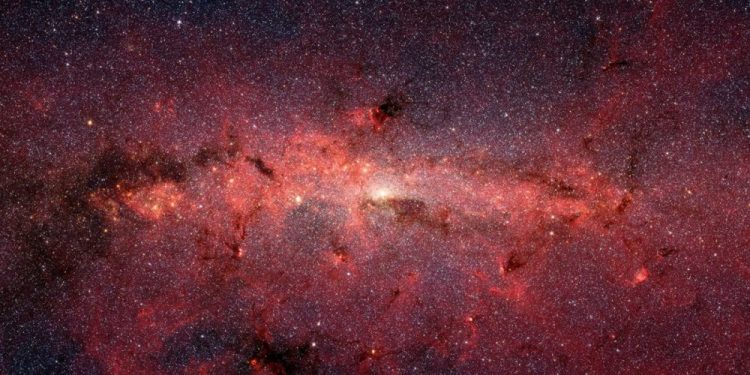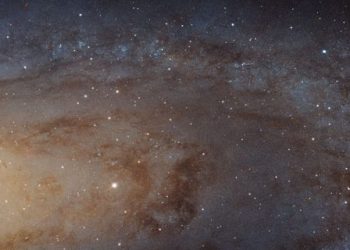Have you ever wondered how many are there planets in the Milky Way Galaxy?
That’s 100,000,000,000 planets that could be habitable just like Earth, resembling our planet in both surface temperature and the existence of liquid water. In other words, that’s way more Earth-like planets than there are people on Earth. The number may surprise you, but actually, it’s small. Astronomers argue there could be around 500 billion galaxies in our universe. They argue that the universe may be home to as many as 50 sextillions of alien planets. This means there could be as many as 50,000,000,000,000,000,000,000 (5×1022) habitable planets. Of course, this number will greatly vary in the near future as more powerful telescopes come online. Many space observatories, both in space and on the ground, will become operational in the next few years. Their observations of the sky will likely refine the potential number of worlds in the galaxy and universe.
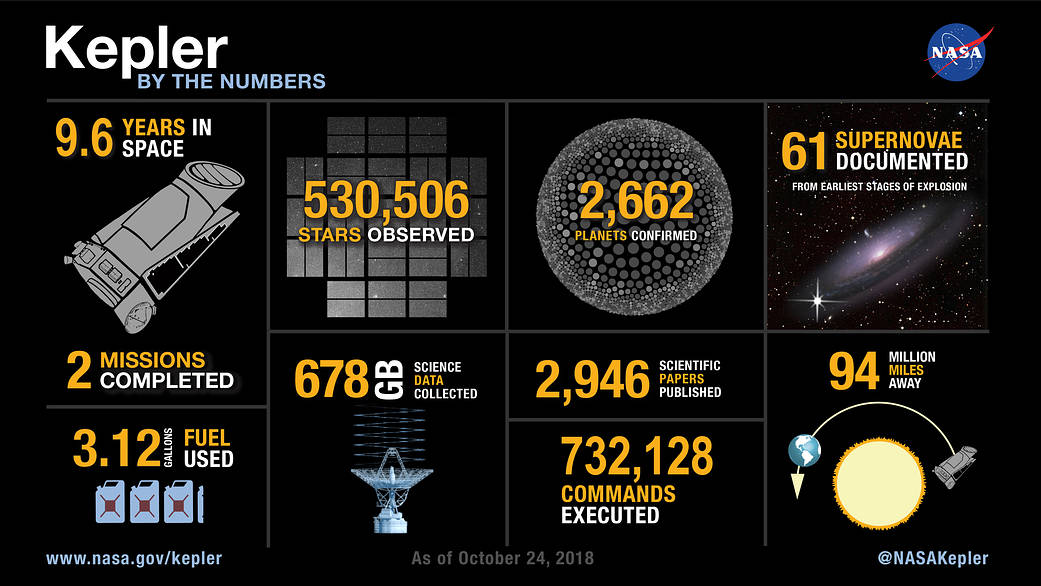
That’s, of course, if there’s just ONE universe. If someday we actually found out more than just one universe ( a multiverse), the number would grow exponentially.
The Milky Way
Our galactic neighborhood. Our address among the stars. According to some calculations, the milky Way Galaxy is believed to be home to around 400 billion stars. Experts argue that the number of stars in the Milky Way galaxy is much larger and that there could be as many as a Trillion Stars. If that number is correct, it means our Milky Way Galaxy alone could be home to more than 100 BILLION planets.
How massive is the Milky Way?
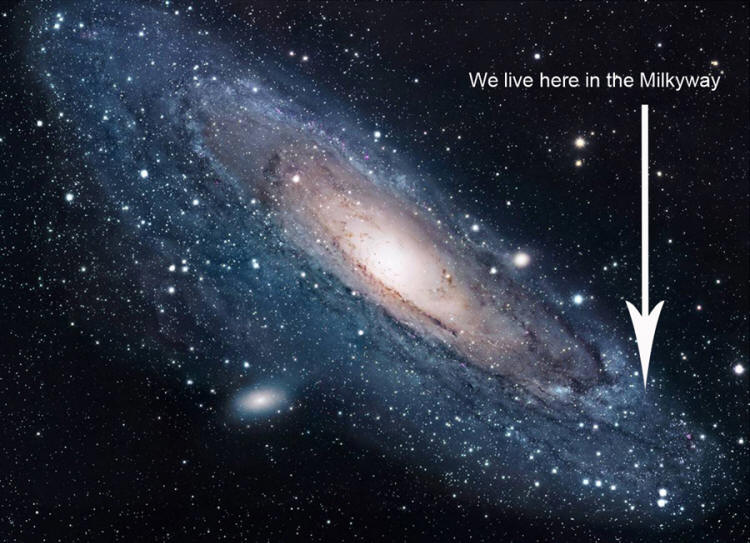
Since we can’t observe our galaxy from the outside, its hard to understand the number of stars it’s home to. What astronomers can calculate is our galaxy’s mass and investigate how much of that mass is composed of stars. Astronomers argue that there could be around 400 billion stars in our galaxy alone using that method. NASA argues that around 1,500 exoplanets orbiting stars are located within an average of fifty light-years from Earth. The above data is based on observations taken over six years.The possibilities are truly endless.
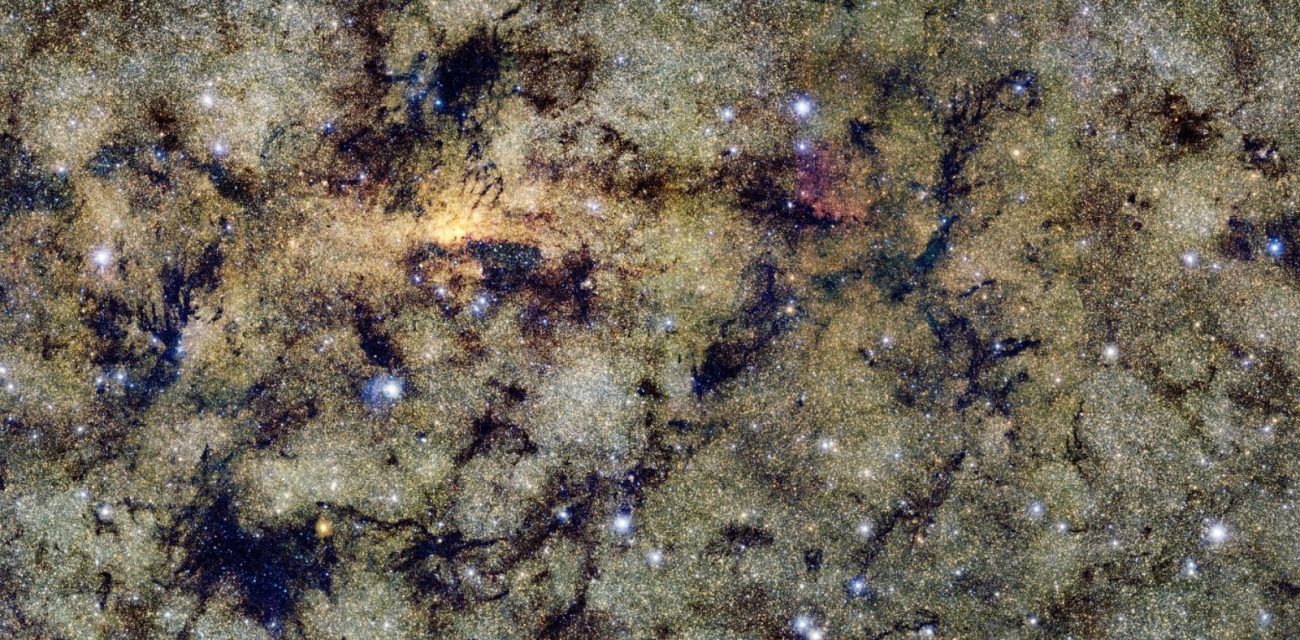
The Kepler Space Telescope
Kepler, which was launched in 2009, has detected over 3,601 unconfirmed planet candidates and 2,165 eclipsing binary stars. The Space Telescope has also found 2,300 confirmed planets. It has been a sensational tool for discovering distant alien worlds. As of 19 April 2019, there are 3,944 confirmed exoplanets in the universe. Based on similar data, astronomers around the globe argue we live in a massive planetary universe. Some experts argue that around 11 billion planets are orbiting Sun-like Stars, while others say the number is much larger and say the number is more like 100 billion.
What about aliens?
If our galaxy contains as many as 100 billion Earth-like planets and the universe we live in harbors around 500 billion galaxies, surely that’s more than enough space to suggest humans are not the only lifeforms in the cosmos.
Join the discussion and participate in awesome giveaways in our mobile Telegram group. Join Curiosmos on Telegram Today. t.me/Curiosmos



